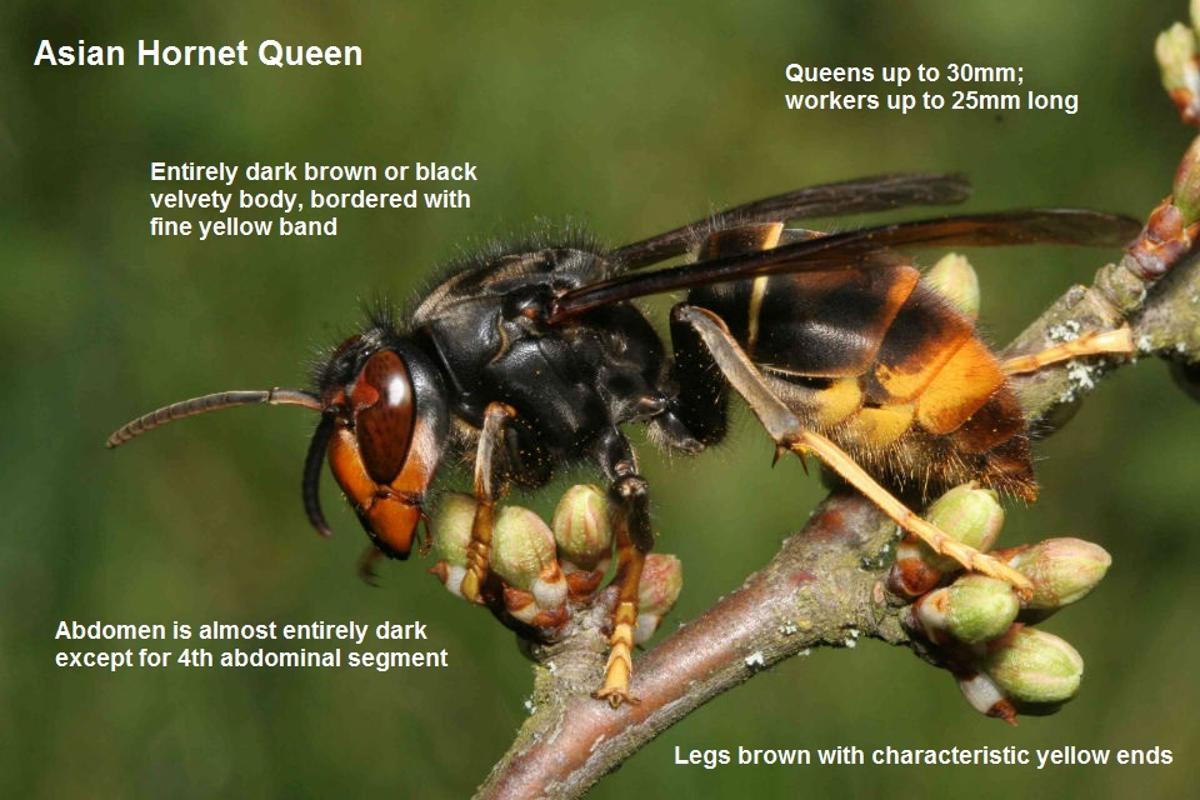
Asian Hornets are still on the rise in the UK
Earlier this month the Association was contacted by the GB Non-Native Species Secretariat with a request for support in helping to raise awareness and encourage reporting of any further sightings of Asian Hornet.
So far in 2023 there have been 62 Asian hornet nests found in 48 locations, with several media reports even suggesting the pest is now established in the UK.
The majority of the nests have been found in Kent, but nests have also been found in Devon, Dorset, East Sussex, East Yorkshire, Essex, Hampshire, London, North Yorkshire, and Surrey.
Although not officially established in Britain, Asian hornets and their nests are regularly identified and destroyed during the summer months. The risk of establishment is higher in the south of the country, as specimens enter the country via ports, having caught a lift off lorries and cross-channel ferries from the continent where the species is established. The warmer, milder climate in the south of the country further aids establishment.
What does the Asian Hornet look like?
The Asian Hornet has a number of features which make it easy to identify:
- Dark brown abdomen, with a yellow band on the 4th ‘segment’
- Head dark when viewed from above, or orange from front
- Dark coloured antennae
- Legs yellow at the ends
- Queen up to 30mm long, worker up to 25mm long

Whilst the Asian hornet poses no greater risk to humans than native hornets or bees, it does pose a risk to native honeybees and insects. Asian hornets are predators of honeybees and there are fears that, if established in the UK, would result in a significant decline in the number of native honeybees.
Recommended action
Suspected sightings of the Asian hornet should be reported immediately to the Great British Non-Native Species Secretariat (NNSS) immediately, using this form.
Alternatively, sightings can be emailed to alertnonnative@ceh.ac.uk, complete with photos.
The animal and plant health agency (APHA) will cover the costs of all eradication on private land.
Further reading
The British Bee Keepers Association
Department for Environment, Food and Rural Affairs

